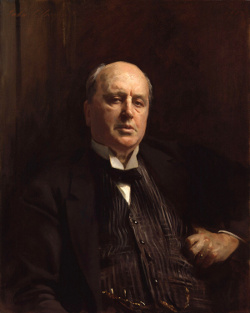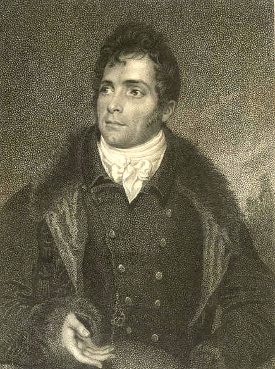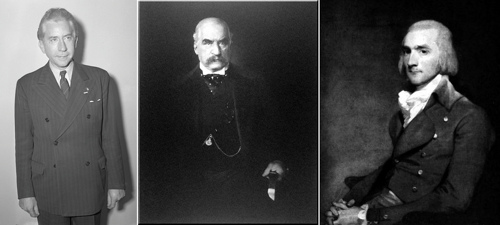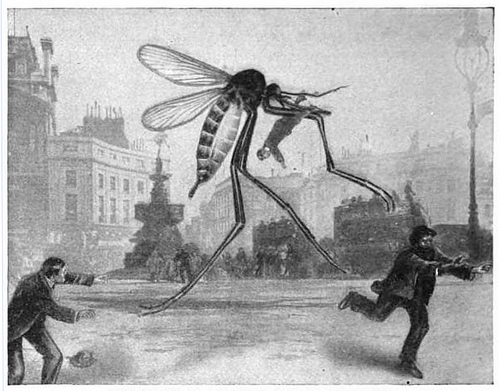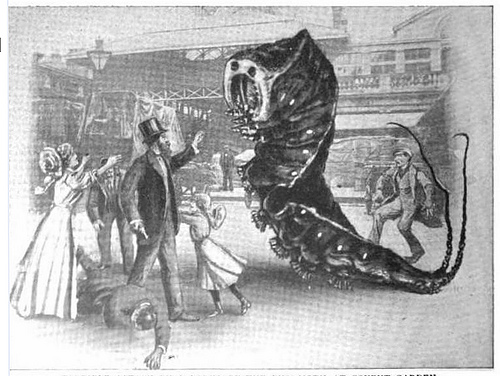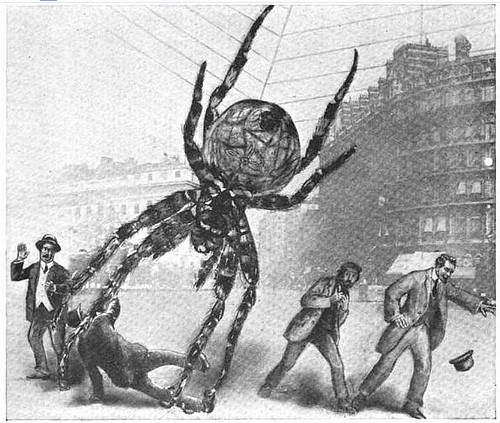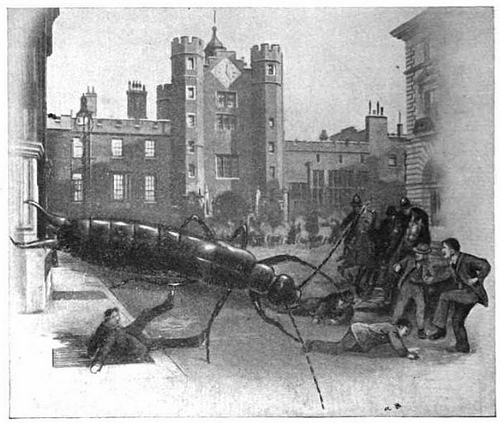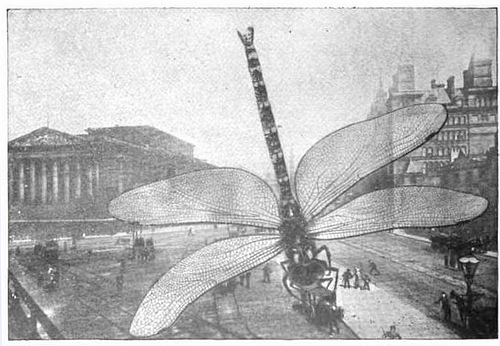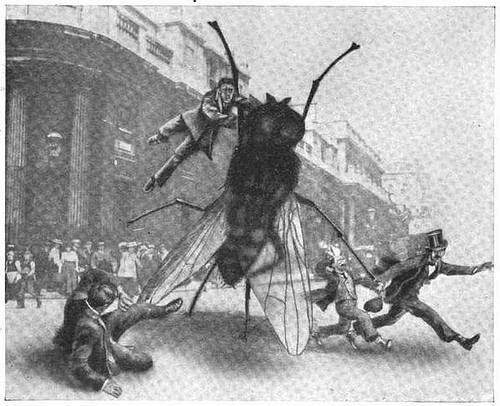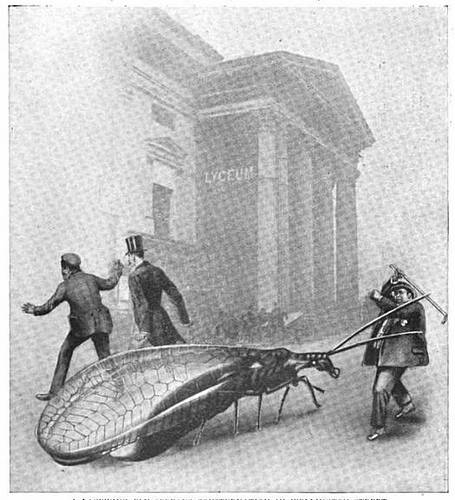When Ida, the famous ostrich at the London Zoological Gardens, died in 1927, a post-mortem showed that she’d eaten too many foreign objects offered by visitors. Her stomach contained:
- three handkerchiefs
- three gloves
- three feet of cord
- an empty film spool
- a four-inch nail
- an eight-inch nail
- a four-inch lead pencil
- four half-pennies
- two farthings
- a French coin
- part of a celluloid comb
- part of a rolled-gold necklace
- a collar button
- a bicycle tire valve
- a brass winding key for an alarm clock
- a dozen short bits of wire
- metal staples
- screws
- small nails
- copper rivets
- a glove fastener
- a piece of wood four inches long
“It seems to us that the Associated Press is very profligate with its cable tolls these days,” observed one New York newspaper that picked up the story. “Why didn’t the correspondent say the ostrich had swallowed a stray Ford and be done with it?”

